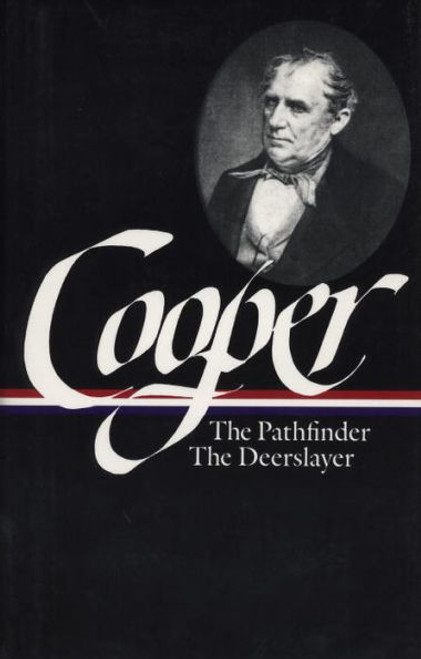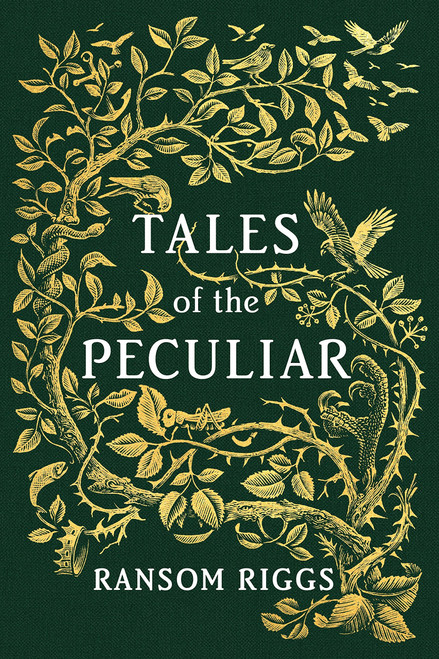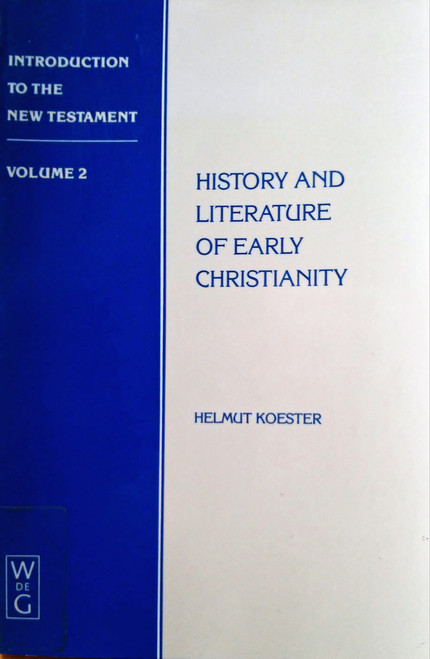When Cooper's most memorable hero, Leatherstocking, started an American tradition by setting off into the sunset in The Pioneers, one early reader said of his departure, "I longed to go with him."
American readers couldn't get enough of the Leatherstocking saga (collected in two Library of America volumes) and, fourteen years after he portrayed the death of Natty Bumppo in The Prairie, Cooper brought him back in The Pathfinder, or The Inland Sea (1841). During the Seven Years War, just after the events narrated in The Last of the Mohicans, Natty brings the daughter of a British sergeant to her father's station on the Great Lakes, where the French and their Indian allies are plotting a treacherous ambush. Here, for the first time, he falls in love with a woman, before Cooper manages bring off Leatherstocking's most poignant, and perhaps his most revealing, escape.
The Deerslayer (1842) brings the saga full circle and follows the young Natty on his first warpath. Instinctively gifted in the arts of the forest, pious in his respect for the unspoiled wilderness on which he loves to gaze, honorable to friend and foe alike, stoic under torture, and cool under fire, the young Leatherstocking emerges as Cooper's noblest figure of the American frontier. Enacting a rite of passage both for its hero and for the culture he comes to represent, this last book in the series glows with a timelessness that readers everywhere will find enchanting.
Library of America is an independent nonprofit cultural organization founded in 1979 to preserve our nation’s literary heritage by publishing, and keeping permanently in print, America’s best and most significant writing. The Library of America series includes more than 300 volumes to date, authoritative editions that average 1,000 pages in length, feature cloth covers, sewn bindings, and ribbon markers, and are printed on premium acid-free paper that will last for centuries.
About the Author
James Fenimore Cooper (1789-1851) grew up at Otsego Hall, his father’s manorial estate near Lake Otsego in upstate New York. Educated at Yale, he spent five years at sea, as a foremast hand and then as a midshipman in the navy. At thirty he was suddenly plunged into a literary career when his wife challenged his claim that he could write a better book that the English novel he was reading to her. The result was Precaution (1820), a novel of manners. His second book, The Spy (1821), was an immediate success, and with The Pioneers (1823) he began his series of Leatherstocking Tales. By 1826 when The Last of the Mohicans appeared, his standing as a major novelist was clearly established. From 1826 to 1833 Cooper and his family lived and traveled in France, Switzerland, Italy, and Germany. Two of his most successful works, The Prairie and The Red Rover, were published in 1827. He returned to Otsego Hall in 1834, and after a series of relatively unsuccessful books of essays, travel sketches, and history, he returned to fiction – and to Leatherstocking – with The Pathfinder (1840) and The Deerslayer (1841). In his last decade he faced declining popularity brought on in part by his waspish attacks on critics and political opponents. Just before his death in 1851 an edition of his works led to a reappraisal of his fiction and somewhat restored his reputation as the first of American writers.







